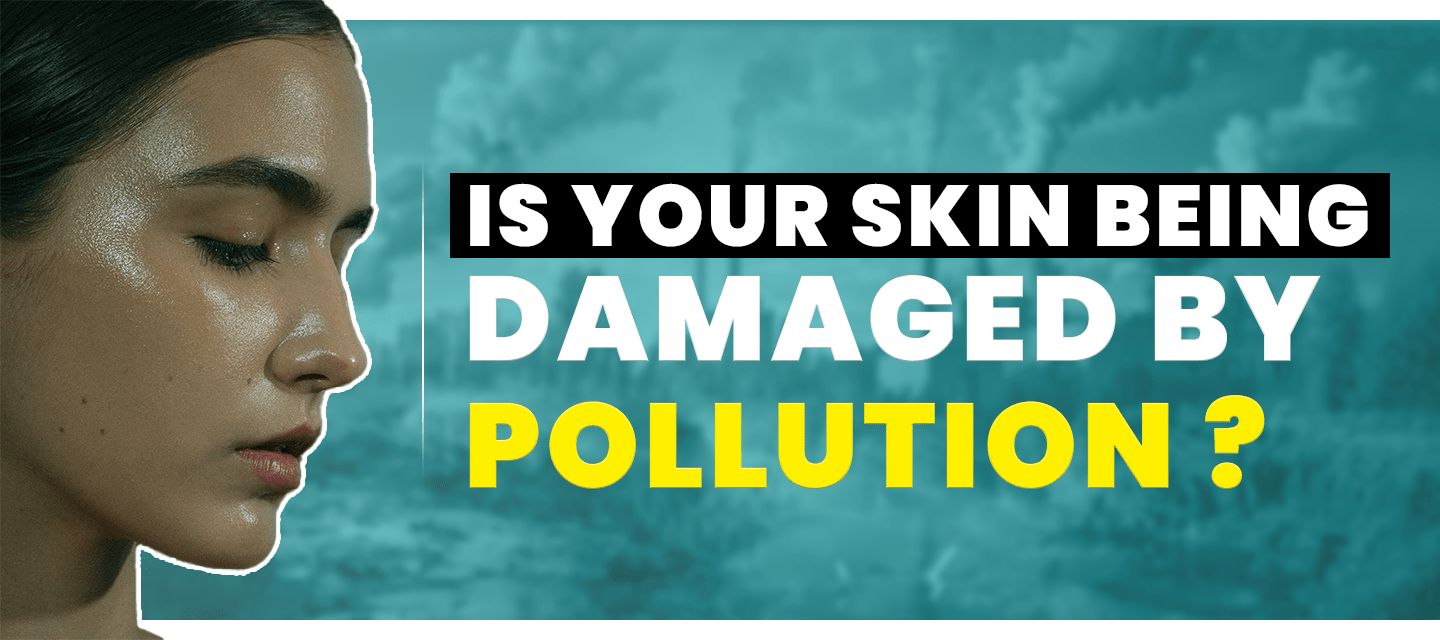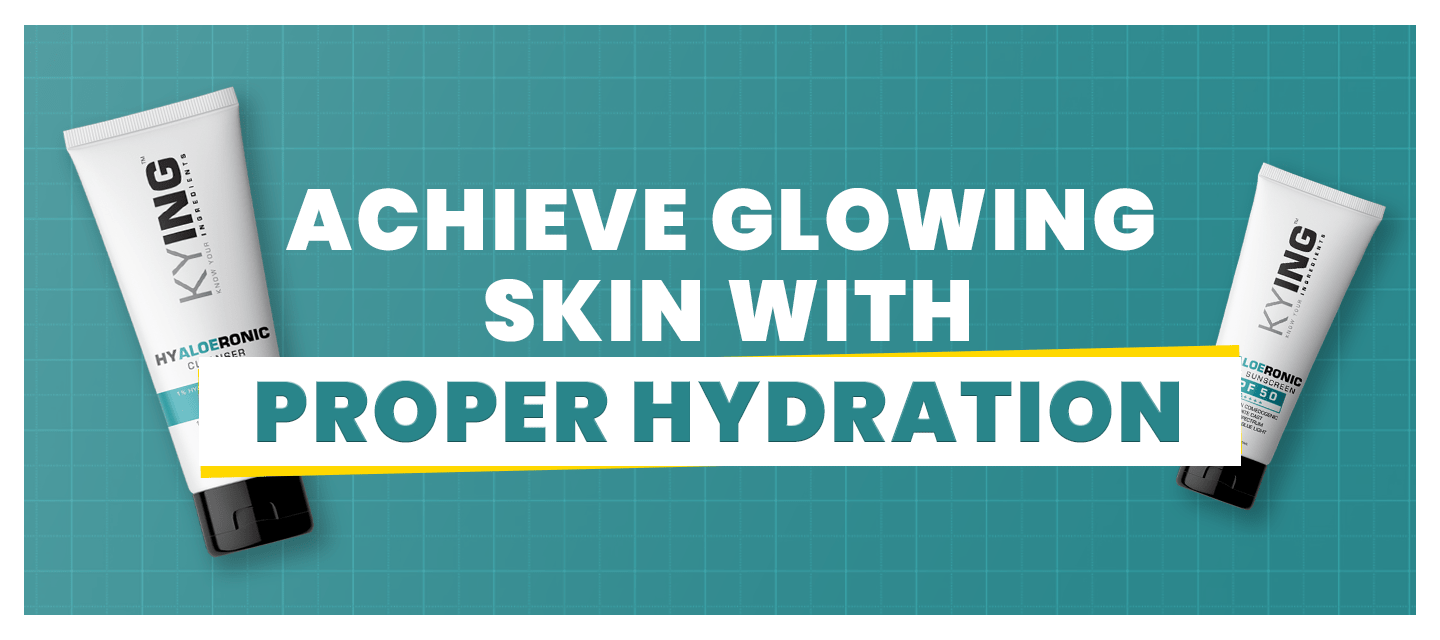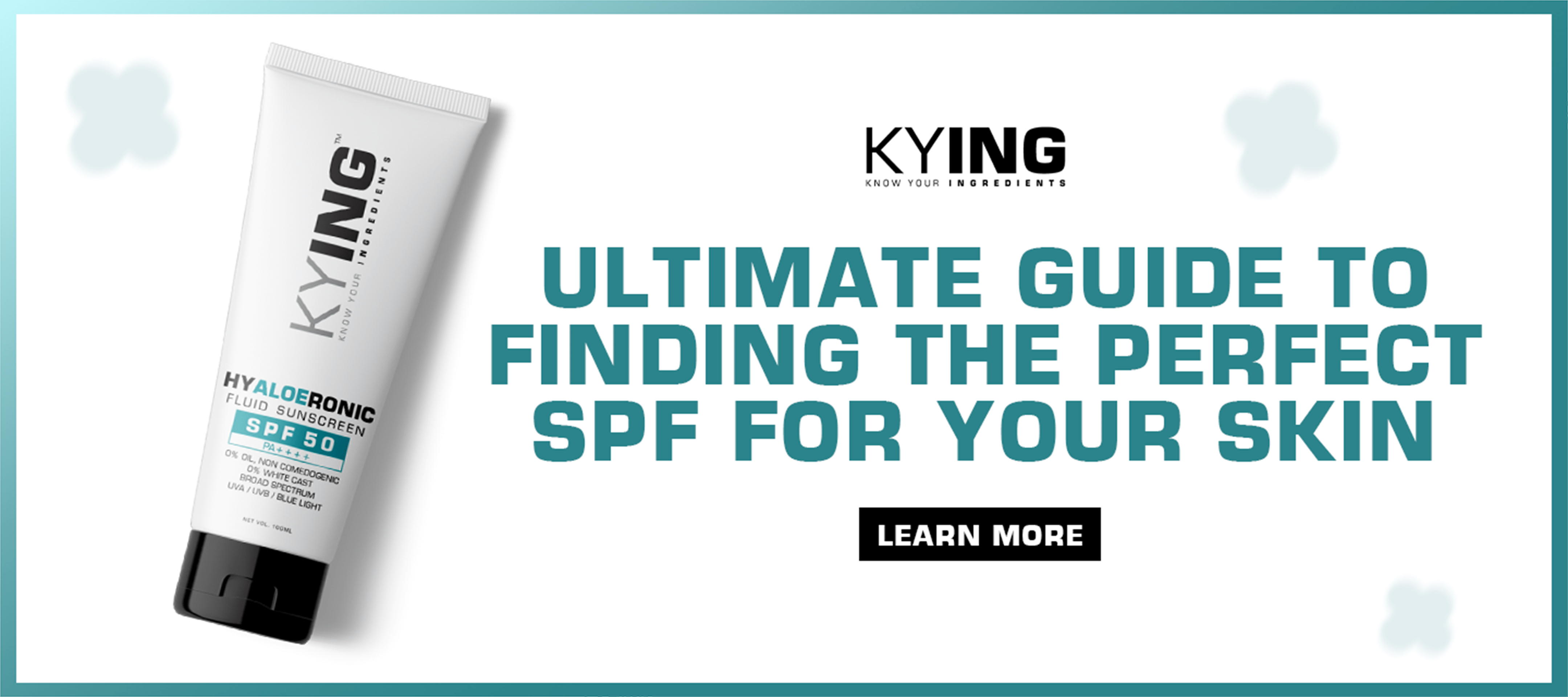We all know that pollution is no good for the environment, but did you realise it could also be doing damage to your skin?
In a harsh environment, mainly in Urban areas surrounded by dust and smoke our skin is exposed to pollution all through the time which leaves long-lasting damage on it. This exposure can overtime cause many skin insecurities- from free radical damage and a lack of moisture to aging and in the worst cases, potentially lead to something much more serious. In this article, we will cover everything related to pollution and your skin discussing how does pollution affect your skin, when you know that there is a problem of damage on the surface, but more importantly what can be done in order to protect as well as reclaim the lost glory of flawless youthful looking healthy radiant skin.
Pollution is an invisible enemy that can be found anywhere, from the busy city streets and up to our very homes. This can fast track dull and age damaged skin, followed by new concern you have never had before. The good news? Likewise, the more you know about how pollution affects your skin, this is where it all begins; with knowledge comes protective and ameliorative measures. Here we take a look at the scientific research on how pollution affects your skin, how to find out if you are exposed enough and most importantly what steps can be taken in order to fortify/ rejuvenate your skin.
Skin issues such as premature aging, acne that won't go away and all those other pesky problems with the texture of your skin can be related to pollution. But don't panic just yet! Indeed, the threat is real and yet this potential problem is where we should start. In this blog post, we will explore an underwater kingdom about the famous pollution and how it is harmful to your skin. To answer all this, today we are going to discuss and lay down all the sure-shot causes that can put your skin in danger.
Understanding Pollution and Its Impact on Skin
These are microscopic particles of pollution that float in the air. Dust, dirt, smoke and other chemicals so small they can't be seen by the human eye but very much exist in our environment. Too are often massive pollutants able to suck the life out of your skin with constant bombardments, destroying and devastating everything that it touches — slowly inching their way to deeper layers when introduced through pores.
How pollution can harm your skin:
- Premature Skin Aging: Free Radical Damage About 80% of skin aging is caused by free radicals generated from pollution. This damage can result in premature aging such as lines, wrinkles and loss of elasticity.
- Clogged Pores: pollutants such as dirt and dust can clog your pores, which causes blackheads, clogged red/white heads to form that later turn into painful acne.
- Irritation: Due to exposure constantly pollution skin has reached irritation, redness and sensitive; this also exacerbates the conditions of eczema or rosacea.
- Dryness and dehydration: Pollution absorbs natural oil from the skin, resulting in dryness and dehydrated. When this occurs the skin is more prone to being stressed by environmental factors.
- Dullness and Inconsistent Skin Tone: Longer duration of pollution exposure can lead to the loss of natural glow on skin turning it into a dull, tired appearance. They may even cause of dark spots and uneven skin tone.
Symptoms That Your Skin is Affected by Pollution
Not know whether pollution is affecting your skin? Just to get you started, here are a few of the more common signs.
- Dull Skin: This is an obvious one, if your skin does not have the glow it did earlier and has lost its natural shine to appear dull pollution could be sucking all of that charged up energy out.
- Increased Sensitivity: The current increase in skin sensitivity as seen through premature redness or consistent irritation could potentially be related to pollution-induced inflammation.
- Breakouts and Acne: If you are having more break-outs, especially around chin, forehead etc., the pollution on those areas is clogging your pores.
- Dark Spots and Pigmentation: Pollution can increase the release of free radicals on your skin making it more prone to dark spots or less even skin tone leading.
How you can Protect Your Skin from Pollution
The good thing is, now more than ever it has become easily achievable to protect our skin from pollution so long as you have a proper skincare routine set in place and are doing all that you possibly can for your skin.
Cleanse Your Skin Thoroughly
Cleansing is probably the most and first important step to defend your skin pollution. Kying Hyaluronic Face Cleanser is formulated with gentle, yet effective ingredients that remove dirt, grime, and pollutants without stripping your skin of its natural moisture.
Protect with Antioxidants
Antioxidants are the substances that protect you from these free radicals which polluted surroundings cause in your skin. Furthermore, antioxidants also prove to be beneficial in preventing the free radicals and chemicals from pollution that you come across every day so as not harm your skin.
As it contains antioxidants, Kying Hyaluronic Glow Ampoule Serum is an incredible skincare serum that will protect and brighten your skin.
Create a barrier by moisturizing
Hydration is important for improving the quality of the skin and to create a barrier against pollutants.
Kying's Hyaluronic Moisturizer hydrates your and holds moisture, helps support skin barrier. It has Hyaluronic acid, ceramides and Niacinamide that will help keeping your skin moist while also helping you on restore your lipid barrier.
Don’t Forget Sunscreen
Don't forget your sunscreen, as the UV rays can continue to be high while cloud cover is present. Exposure of UV rays can further increase the damages due to pollution, causing early aging and dark spots.
Kying's Sun Defense SPF 50 with Broad Spectrum and Anti-Pollution Antioxidants. Full-spectrum sunblock, anti-oxidants and moisturizing-glycerin, which will help shield your skin from both UVA and UVB rays.
Even if you are outdoors or swimming and using proper water-resistant sunscreens you should re-apply the sunscreen every 2 hours to keep protection present.
Lifestyle Tips to Boost Your Skin Defence Against Pollution
Now, the Kying Product may be an amazing skin-care solution but it sure can't complete against habits when you get to embrace some of these lifestyle tips with how pollution's affect your skincare:
- Stay Hydrated: With high water intake levels every day you will flush out the toxins and your skin would be well hydrated.
- Eat a Balanced Diet: Incorporate foods like berries, greens and nuts into your diet as they promote skin health.
- Avoid Smoking: You should of course do not smoke, the substances in tobacco pollute your body and damage your skin as recurring aging.
- Clear stress: Stress can break down your skin's barrier, making it more receptive to pollution. Do yoga or meditate to cope with your stress.
Conclusion:
Pollution is just another thing we have to deal with in our daily lives, but that doesn't mean you need your skin should suffer too. Many thanks to Kying for perfecting my skincare routine. This way, you will be able to defend your skin from the dangers of pollution and allow it to stay beautiful, glowing as always.
Remember, consistency is key. This range of products must be a part of your daily skin care routine to not only protect it from pollution but also increase the natural glow. Visit Kying. today and take a deep dive in our full line of skin-strengthening essentials, specially crafted to shield your face from the world we're living in.
The most effective and natural way to take care of your skin, Kying will help you get the perfect looking face you deserve. Let’s get glowing!





1 comment
Samad Samad
Hello
Leave a comment
This site is protected by hCaptcha and the hCaptcha Privacy Policy and Terms of Service apply.